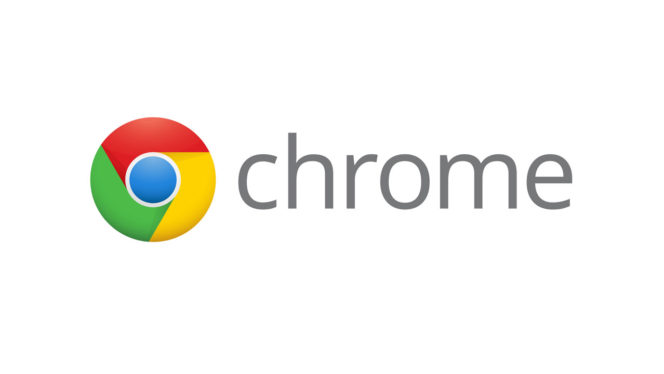Have you ever experienced your browser crashing in the midst of an important work? This crash may be caused by a third-party application that is injecting code onto your browser. As it turns out, Google is set to restrict this from happening in mid-2018.
According to the Chromium Blog, the search engine giant is set to restrict third-party developers from injecting code into its browser, Google Chrome. Many third-party applications are developed in such a way that they inject code onto the browser to get more control over your browsing history. These apps, like antivirus or accessibility software, are therefore able to glean knowledge about your online activities and are therefore able to offer you additional features to enhance your online experience.
Unfortunately, this also comes with the downside of giving you a negative browsing experience, as Google points out that more than 15% of Chrome users experience browser crashes. To add insult to the injury, browser crashes occur due to these injected codes from third-party devs.
If you are a developer who is doing the same practice, you have until mid-2018s to rectify your codes. According to the blog post, Google will block these applications from injecting code into the browser in three phases. These phases are:
- April 2018 — Upon the release of Chrome 66, users will be informed if their browser crashes because of third-party apps. They will then be guided on how to update their browser or remove the third-party app from accessing their browser. This will also inform Google of the code injection.
- July 2018 — Chrome will directly block third-party apps from injecting code into its processes. If there is any software that blocks the browser from starting, then the software will be allowed to piggyback onto the browser so it can launch. However, the software will be pointed out, and users will be warned that they can remove it.
- January 2019 – When Chrome 72 is launched, all third-party software code injections will be blocked.
There are of course workarounds for this in case third-party applications need to run code onto the browser. Choices include the Native Messaging API calls or Chrome extensions. Also, Microsoft-signed code, IME and accessibility software, are allowed to inject code onto the browser.
By doing this, Google is ensuring that its users will have a good and enjoyable browsing experience. This also adds another layer of security, reducing the chances that third-party apps are gathering data from users without their consent.
About IntelliTeK Pty Ltd
IntelliTeK is a managed IT services company in Sydney, Australia. With major vendor relationships and accreditations from the world’s leading IT companies including WatchGuard, Microsoft, Trend Micro and Amazon Web Services, IntelliTeK have kept clients happy since 2007.
IntelliTeK are always up to date with the latest cloud backup solutions which is why we only partner with the best in the industry. If your company isn’t fully equipped to fend off cyber criminals, then get in touch with us so we can discuss your options. Call us on 1300 768 779, email us at info@intellitek.com.au, fill out the web form, or have a Live Chat with us below.

